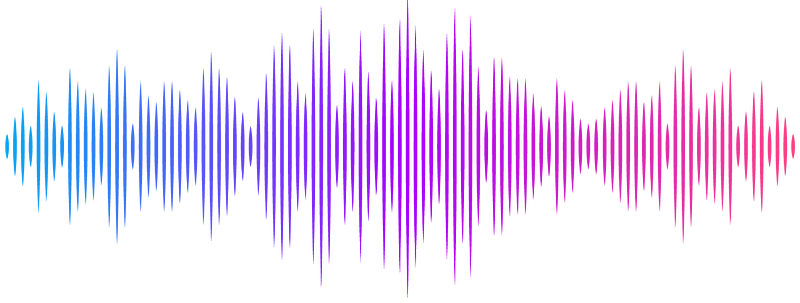Single-dose DMT reverses anhedonia and cognitive deficits via restoration of neurogenesis in a stress-induced depression model.

Single-dose DMT reverses anhedonia and cognitive deficits via restoration of neurogenesis in a stress-induced depression model.
Lima-da-Cruz, R. V.; Costa, R. B.; Queiroz, G. M.; Stojanovic, T.; Moulin, T.; LEAO, R. N.
AbstractMajor depressive disorder (MDD) remains a leading cause of disability worldwide, with current treatments limited by delayed onset and low efficacy. The serotonergic psychedelic N,N-dimethyltryptamine (DMT) has shown rapid antidepressant effects in early clinical studies, yet its mechanisms and efficacy remain poorly characterized in established models of depression. Here, we evaluated the effects of a single dose of DMT in the Chronic Unpredictable Mild Stress (UCMS) paradigm, a robust mouse model recapitulating key features of MDD, including anhedonia and cognitive impairment. DMT administered after UCMS reversed depressive-like behavior and restored cognitive performance, outperforming chronic fluoxetine across most domains. When administered during the stress period, DMT prevented the development of anhedonia but did not rescue cognitive deficits, suggesting partial protection. Notably, DMT remained effective under isoflurane anesthesia, indicating that its therapeutic action can occur independently of the psychedelic experience. Histological analyses revealed that all DMT regimes significantly increased adult-born granule cell (abGC) integration and reduced the number of ectopically abnormally integrated abGCs. Together, our findings highlight the robust and multifaceted effects of DMT on behavior and neurogenesis, positioning it as a promising candidate for rapid-acting antidepressant strategies that target structural circuit repair.